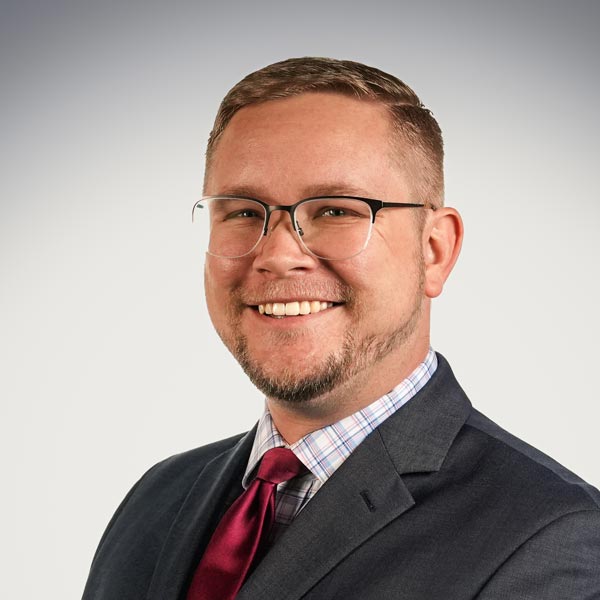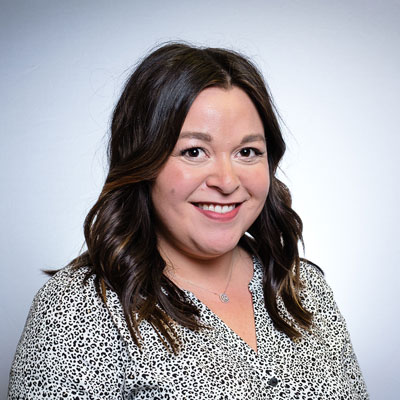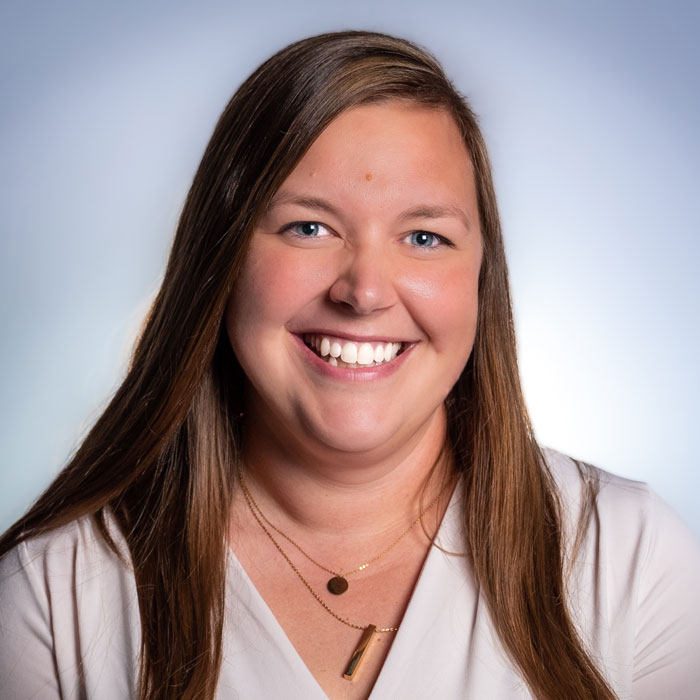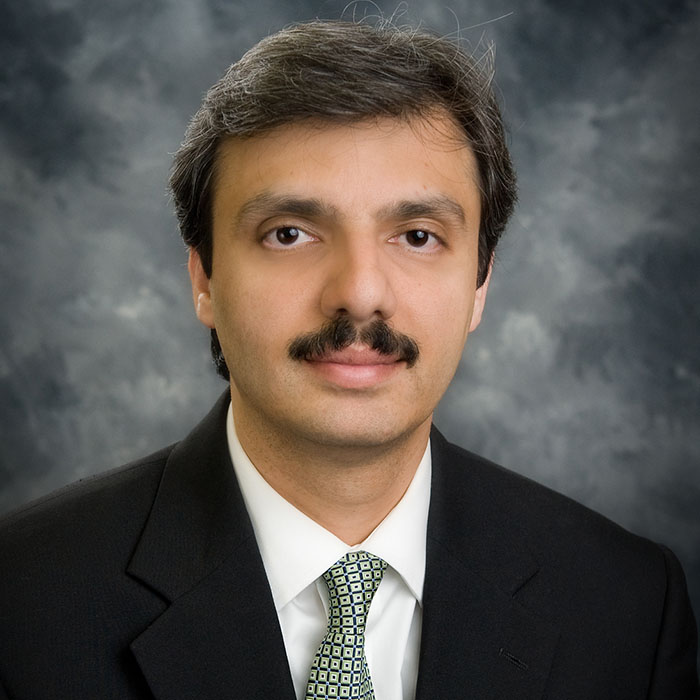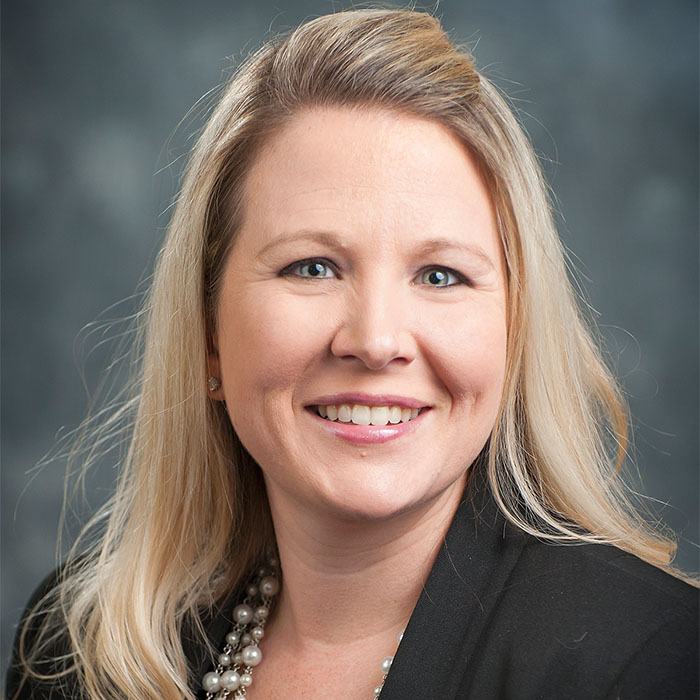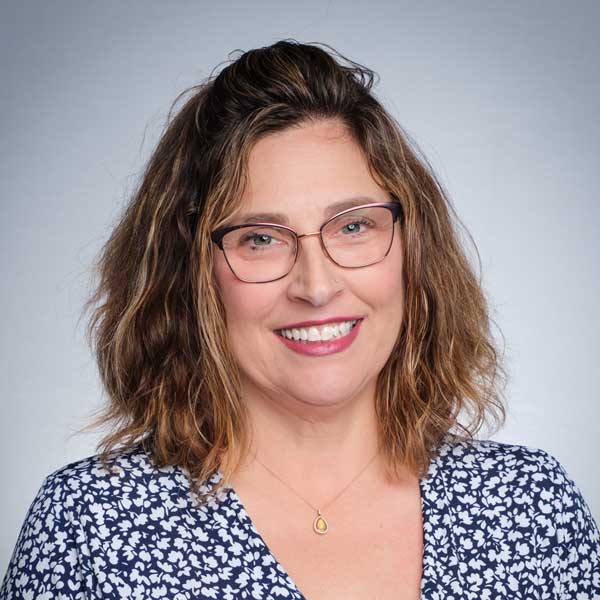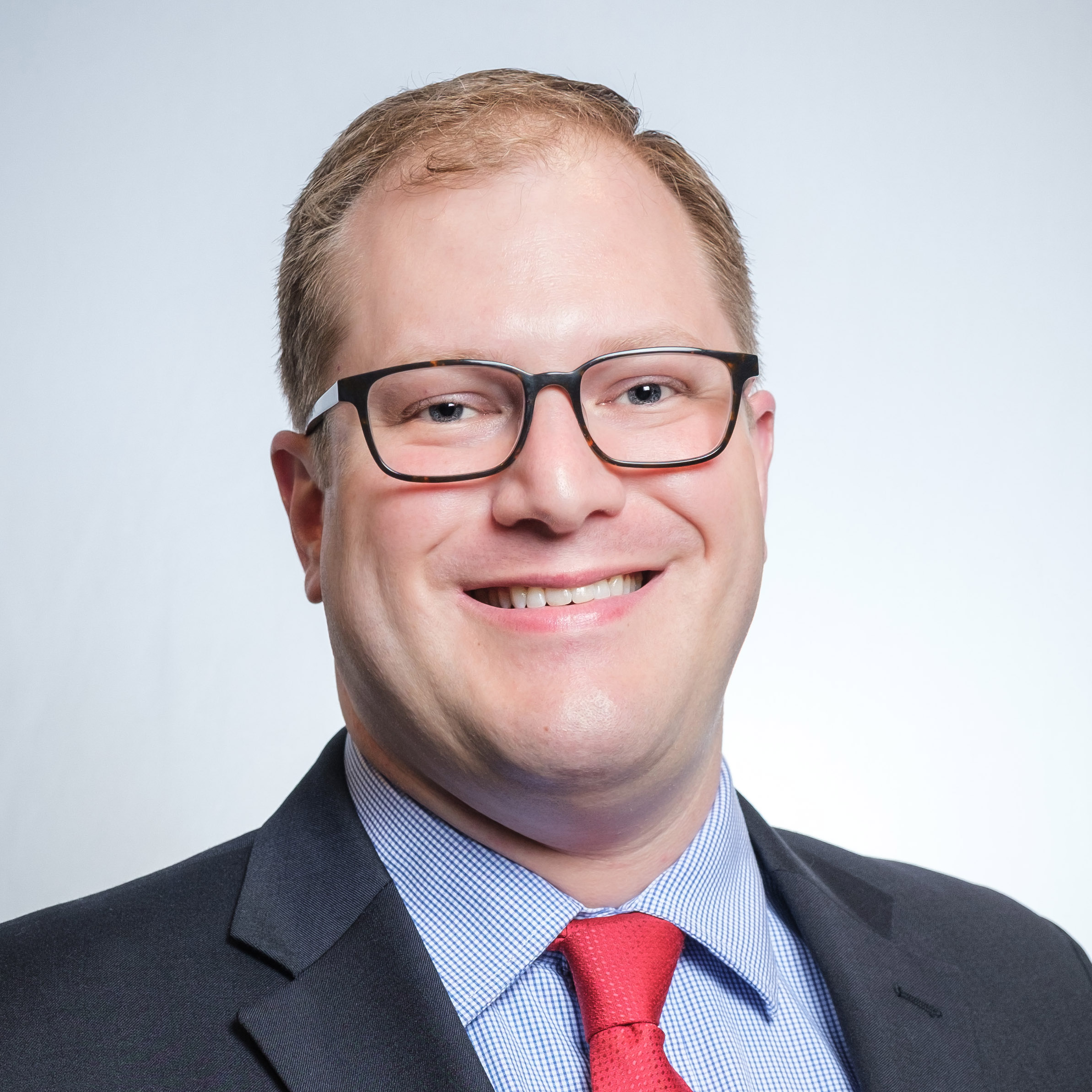About Your Diagnosis
If you’ve been diagnosed with cancer, chances are, you’re not only concerned, you’re feeling confused or uncertain. You might not even know where to begin with your questions — or even which questions to ask.
At the Cotton O’Neil Cancer Center, we’ll provide you with as much information as you need so that you can feel confident and assured you are doing the right thing for you.
Understanding stages
You’ve undoubtedly heard the term “stage” when referring to cancer. Staging is a way to describe where a cancer is located and its size, how far it has grown and whether it has spread into nearby lymph nodes or other parts of the body.
Before starting any cancer treatment, your doctor may use physical exams, imaging scans and other tests to determine a cancer’s stage.
Risk factors
Research shows that certain risk factors my increase a person’s chances of developing cancer. Some of these risk factors include but are not limited to:
- Age
- Alcohol, tobacco or drug use
- Family history
- Diet
- Hormones
- Immunosuppression
- Infectious agents
- Obesity
- Exposure to radiation
- Sunlight
Coping
Everyone copes with cancer differently. As you look for ways to cope that work for you, you may try:
Informing Loved Ones
It can be hard to talk about cancer, even with people you love. Your loved ones may also have a hard time talking about cancer. Here are some tips for helping you and your loved ones cope with cancer.
- Tell your family and friends about your cancer when YOU feel up to it.
- When you do inform them, explain what kind of cancer you have and about your treatment plan. Let them know that you’ve come up with your treatment plan decision along with your doctor.
- Be open and honest about your feelings. Those closest to you will be receptive and share their feelings as well.
- Understand that everyone reacts to bad news differently. Be patient.
- You may not be able to do things you were doing before you got cancer. However, let your support group know that it’s okay for them to continue to do these things and not to feel guilty about it.
Talking with Children
A cancer diagnosis in a family with children presents unique challenges. The child’s age is important in deciding what and how much you should tell them about your diagnosis. However, no matter what age, it’s vital that you tell them the truth and help them understand and prepare them for the changes that will happen.
When telling your children about a cancer diagnosis, consider:
- Talking through a game plan with your spouse or support person.
- Thinking of possible questions they may ask ahead of time, as well as questions you can ask them.
- Finding a quiet time when you won’t be disturbed.
- Being honest about your feelings. It’s okay to cry with your children and to admit being scared. This will help them understand their own feelings.
- Regularly checking in with your children during and after cancer treatment. Let them know what’s going on and how you are feeling.
Questions for Your Care Team
When you meet with your doctor, you will hear a lot of information. Here are a few questions the American Cancer Society has put together that may help you learn more about your cancer and what you can expect next.
- What kind of cancer do I have? Where is it?
- Do I need any other tests before we decide on treatment?
- What treatment options do you suggest and why? What are the pros and cons of the treatment options you recommend?
- Should I think about taking part in a clinical trial?
- How much will treatment cost? Will my insurance pay for it?
- What’s the goal of treatment — to cure my cancer or to control my symptoms?
- How long will my treatment last?
- What are the possible risks or side effects of treatment?
- How will we know if the treatment is working?
- What kind of lifestyle changes do I need to make?
- Are there foods I should or shouldn’t eat? Can I drink alcohol during my treatment?
- Will I be able to have children after treatment?
- What’s my outlook for the future (prognosis), as you see it?
We Together: A Communication of Stormont Vail Health (Oct 13, 2022)
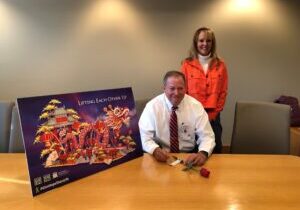
Dear Community Partners, Here are today’s updates: Congressman LaTurner Visits Junction City Hospital Rose Vials Signed for Donate Life Rose Parade Float; Dr. Jack Jones Honored “To Your Health” on WIBW-TV Tonight Walk with a Doc Saturday – Join Dr. Hashmi and Connie Wagers Congressman LaTurner Visits Junction City Hospital Rep. Jake LaTurner visited with…
Can I get a little help?
Asking for help is a hard, difficult and interpersonal struggle for most of us. It involves being vulnerable and trusting, both of which can be overwhelming and scary. Asking for help has been incorrectly linked with negative attributes that we do not want to be perceived as: helpless, needy or incompetent. Too often we allow…
